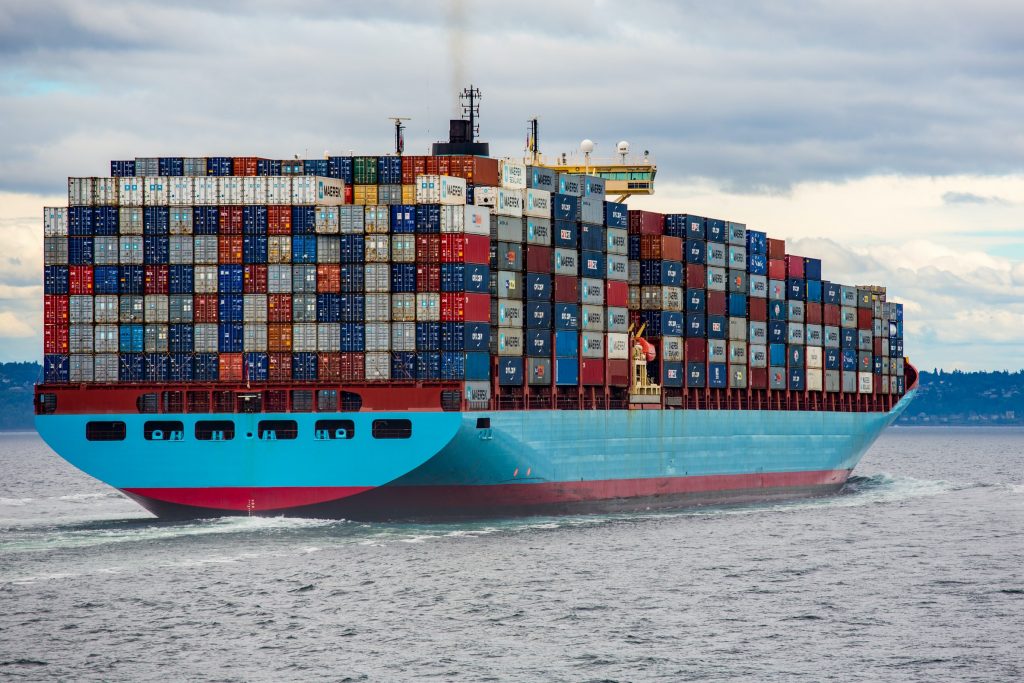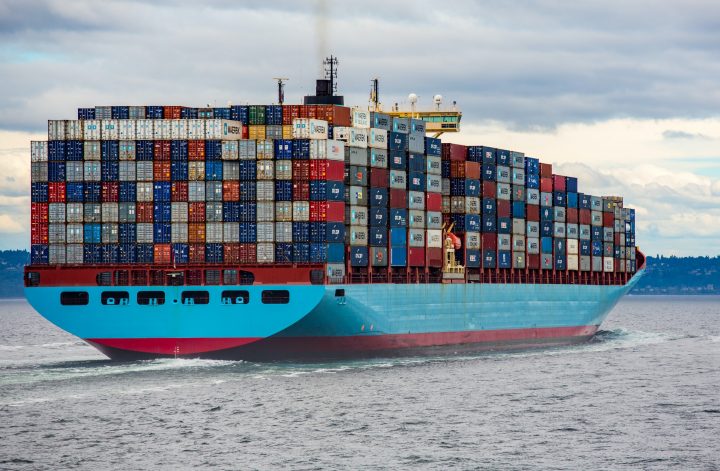
Why Is Marine Cargo Insurance Important?
In 2020, approximately 590.74 million metric tons of cargo passed through Singapore’s port. Marine insurance is important for businesses that import and export goods by sea.
Marine cargo insurance in Singapore protects against loss of cargo, damage of ships, and cargo damage when they are at the port. Some policies also cover the goods when they are transported to and from the port using other modes of transport. It also covers storage in the entire supply chain.
When requesting marine insurance, you need to know exactly what is covered and what is not. Most insurance covers offer blanket covers, while others do not.
Types Of Marine Cargo Insurance
Marine insurance has different types of cover. This allows you to determine the most convenient and affordable package for your business. The three main types of marine cargo insurance covers are;
- Institute Cargo Clauses A (All-Risk Cover). This is the most comprehensive cover in marine insurance. However, it has certain exclusions which you need to check before you choose this coverage. Some exclusions may include improper packaging, abandonment of cargo, rejection by the government, delays, nuclear incidents, and loss over policy limit.
- Institute Cargo Clauses B (Partial Risk Cover). This is a more restrictive cover that pays partial losses. Some of these losses may result from ship collisions, heavy weather that may damage the cargo, or cargo loss because the ship sank. Other losses covered under this policy may include cargo transported by air, especially if damaged due to bad weather, a crash, collision, lightning, or fire.
- Institute Cargo Clauses C (Most restrictive cover). This is the most restrictive of the three cardo insurance policies. You will pay less for the coverage but will likely suffer greater loss should your cargo be exposed to damages not covered by the policy. The partial losses covered under this policy are ship collision, burning, sinking, and stranding.
Why You Need Marine Insurance
The size of consignments transported by sea is usually much larger than those transported by air. Most businesses opt for sea transport because they can import or export more goods than allowed on planes. The unit cost of sea transport is also much cheaper.
Unfortunately, despite the advantages, the risks and losses are much higher should anything happen to the vessel or cargo en route. The best way to protect businesses against losses that are sometimes impossible to overcome is by taking marine insurance.
This way, you are sure your business will not go under should the vessel sink or if the cargo is damaged due to acts of nature.
Besides the actual cost of the goods, most goods transported by sea have a higher profit margin. The reason for this is they are bulk purchases, and the cost of getting them from the country of origin and the destination is much lower than other modes of transport.
Should anything happen to the cargo, you will not only lose the amount of money you spent on the purchase and shipping, but you will also miss out on the larger than usual profit margins.
Marine insurance is a critical component of businesses that deal with imports and exports. Before choosing one of the policies, you need to analyze the type of risk and the losses associated with any setbacks. If the policy is unfavourable, you should choose one that gives your business adequate coverage.

